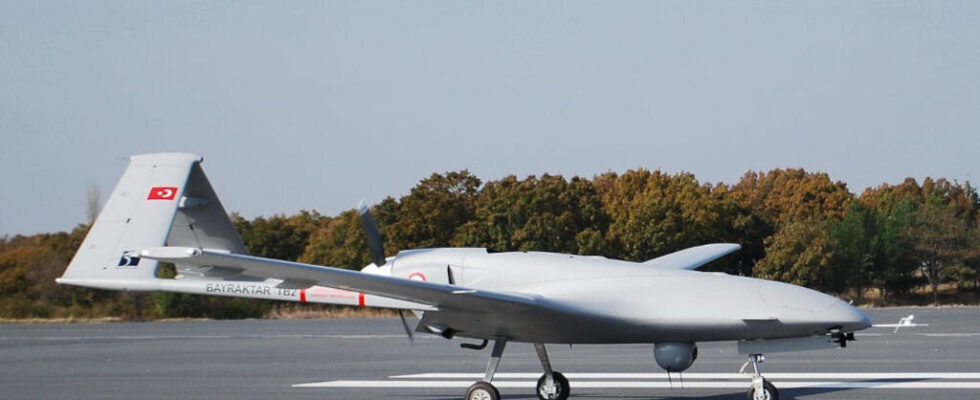At the start of the conflict in Ukraine, at the end of February 2022, certain military equipment was put in the spotlight. One tool among all benefited from great publicity: the Turkish tactical drone Bayraktar TB2. Used massively against the Russian army, this “low cost” drone has even gone so far as to establish itself in local pop culture, with songs having been composed to pay tribute to it. This success illustrates the importance of drones in the development of the Turkish defense industry, but also in political propaganda on the domestic scene. In Istanbul, Anne Andlauer. (Rebroadcast)
And in this arms race and new drones, how is Europe doing? It has been ten years since a giant Eurodrone project was launched and it has still not seen the light of day, other industrial players are launching into the production of smaller machines. Frank Alexander specialist in defense issues.
The war in Ukraine has given them unprecedented visibility, and above all it has confirmed their immense military potential. Drones. It is with Iranian Shahed drones in particular that Russia launched its massive strikes against the Ukrainian electricity grid, it is with the help of Turkish Bayraktar drones that Ukrainian attacks targeted refineries on Russian soil. Both sides also accuse each other of attacking the Zaporizhia nuclear power plant with drones. In Ukraine, fighters and residents alike have learned to live with these destructive flying machines with their very particular sound, correspondence in kyiv of Pierre Alonso.
(European) Parliament, season 4
In the midst of the European campaign, the comedy series Parlement returns to the corridors of the institutions for the filming of its fourth and final season. After his difficult beginnings as a parliamentary assistant, then his rise to the position of political advisor, and a stint at the European Commission, Samy Kantor, alias Xavier Lacaille, takes us to Brussels in the mysteries of a European Council… Without however abandoning the Parliament of Strasbourg where Juliette Gheerbrant followed the cameras.
In a word: Leitkultur, by Céline Béal
On 28/3, the Minister of Integration presents a council of “experts” who will have to define the “dominant culture” in Austria, to understand a culture that would be common to the whole of society. The goal: that immigrants and asylum seekers (always an Austrian obsession) then have clear ideas to comply with this “dominant culture” (“in our country, we do not marry our daughter by force and we shake hands with men as well as women”, explains the minister roughly). The idea of bringing together experts who must define Austrian culture in black and white would be funny, if it did not reek of racism. I would like to find an expert (a real one) to think about what this word could mean, its use by politicians.
